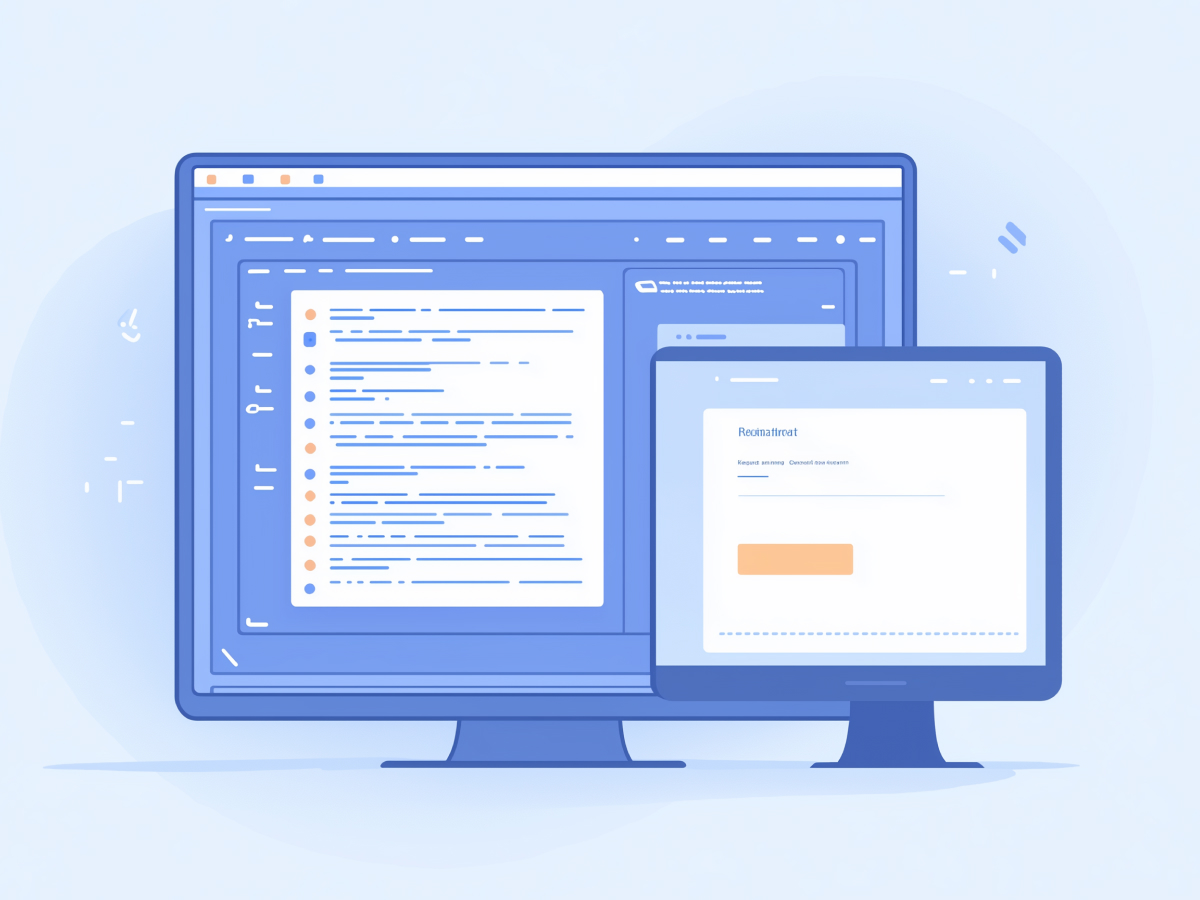Metaprogramming is a dynamic programming technique whereby programs have the capability to treat other programs as their data. This functionality allows programs to perform operations such as reading, analyzing, and modifying other programs or even themselves. Though metaprogramming might seem like a modern concept, its roots trace back to at least the 1970s, with a longstanding presence in the field of computer science.
In recent times, technological advancements have propelled metaprogramming into a new era. Artificial intelligence, coupled with the increased processing power and speed of modern CPUs and GPUs, are major drivers behind this shift.
The surge in big data applications and the refinement of inferential algorithms have contributed to the evolution of metaprogramming, setting the stage for innovative applications and tools.
How metaprogramming tools have evolved
The practical application of metaprogramming is evident in developing sophisticated tools that leverage vast repositories of code along with machine learning techniques to enhance programming efficiency.
Tools such as Github Copilot and IntelliCode exemplify this trend by using extensive code bases to predict and generate code automatically. These tools apply natural language processing to understand comments and code context, then suggest or generate subsequent lines of code intelligently.
Github Copilot, IntelliCode, and similar platforms leverage the collective intelligence embedded in millions of lines of shared code to offer predictive coding capabilities. Analyzing patterns and practices in these repositories, these tools provide programmers with suggestions, building up both coding efficiency and accuracy.
Their ability to learn from vast code examples gives developers the power to tackle complex and time-consuming coding tasks more effectively, potentially transforming software development with AI-enhanced productivity tools.
Major advantages of leveraging metaprogramming
Metaprogramming streamlines the software development process and enhances developer capabilities. A major advantage here lies in its ability to save time during the coding process. With metaprogramming, repetitive and time-consuming tasks can be automated so that developers can focus on more complex and creative aspects of software development.
Metaprogramming facilitates code refactoring, which is the process of restructuring existing computer code without changing its external behavior.
Code restructuring is key for maintaining clean, efficient, and readable codebases, which, in turn, reduces the likelihood of accumulating technical debt. Technical debt refers to the extra development work that arises when code that is easy to implement in the short run is used instead of applying the best overall solution.
Metaprogramming also brings the capability to explore alternative solutions to a given problem. Automating the generation of various code solutions, developers can efficiently compare and choose the most effective approach, building up the software’s overall quality and performance.
Tangible improvement in learning and development
AI assistants, powered by metaprogramming, can be extremely powerful resources for developers, especially for learning and development. AI-powered tools provide real-time code examples and solutions, helping developers in understanding new programming languages and frameworks.
Dynamic learning aids are particularly beneficial in today’s fast-paced tech environment, where new languages and frameworks are frequently released, and the ability to adapt and learn quickly is becoming a core skill requirement.
Interacting with AI assistants helps developers receive instant feedback and suggestions, making the learning process more interactive and engaging. Hands-on experience is often more effective than traditional methods of learning, such as sifting through extensive documentation or tutorials.
Best practices for implementing metaprogramming
Integrating metaprogramming and AI assistants into software development workflows requires careful approaches to mitigate risks and maximize benefits. A common concern here is that there is greater potential for developers to become overly reliant on AI tools, possibly neglecting developing their own coding skills or the importance of manual code review processes.
Dependency on AI-tools could lead to a decline in code quality or the oversight of subtle bugs that automated tools might miss.
To address these concerns, adopting a gradual and controlled approach to implementing metaprogramming tools is advisable. Beginning with small-scale projects or test cases allows teams to evaluate the effectiveness and impact of these tools in a controlled environment. Step-by-step adoption facilitates identifying best practices, customizing the tools to fit specific team needs, and adjusting workflows to integrate these new technologies seamlessly and constructively.
Role of senior developers
Senior developers are central to successfully adopting metaprogramming and AI tools in a software development team. Experience and expertise allow them to share valuable guidance and oversight so that using these tools builds up rather than erodes or detracts from the development process.
Senior developers can mentor junior team members, helping them to understand when and how to use AI assistants constructively. Mentorship includes fostering a balance between leveraging AI tools and engaging in manual coding and review processes to maintain and develop coding skills.
Senior developers should lead by example, demonstrating best practices in integrating AI assistance while maintaining high standards of code quality and security.
Acting as facilitators, senior developers can make sure that adopting metaprogramming and AI tools align with the team’s goals, adhering to best practices, and contributing positively to the development process. Under their guidance, they can help create a collaborative environment where technology augments human expertise, leading to more effective and innovative software development.
Metaprogramming comes with important considerations
- A major concern with metaprogramming is the potential for bias in AI-generated code: Given that AI models learn from existing datasets, they can inadvertently propagate biases present in those datasets. In code generation, this can lead to reinforcing poor programming practices or introducing subtle bugs if the AI has been trained on flawed code.
- Security risks are also heightened when not carefully and expertly handled: AI-generated code might rely on outdated or insecure code snippets sourced from its training data, introducing vulnerabilities into the application. Developers must be vigilant and review AI-suggested code thoroughly to identify and rectify security and vulnerability issues to make sure that integrating generated code does not compromise the application’s security.
- Intellectual property (IP) concerns are becoming more prominent with AI-generated code: AI tools might generate code that closely resembles code found in their training data – raising questions about ownership of AI-generated code and the potential for IP infringement if the generated code is too similar to existing proprietary code. The legalities surrounding IP implications of AI-generated content is still evolving, making it a complex issue for developers and organizations to navigate.
Overcoming these metaprogramming challenges
Adopting AI assistants and metaprogramming tools requires a cautious and informed approach. Developers and organizations should be keenly aware of the potential disadvantages and actively put strategies in place to manage risks.
One proven and effective strategy is to implement rigorous code review processes, even when using AI-generated code. Any biases, security vulnerabilities, or potential IP issues need to be quickly and thoroughly identified and addressed before the code is even integrated into the production environment.
Training and awareness are also key. Teams should be educated and trained on the potential consequences of using AI-generated code, including the risks of bias, security vulnerabilities, and IP concerns. Understanding these issues empowers developers to leverage AI tools more responsibly and effectively – a topic that’s likely to be discussed in the mainstream as the AI explosion continues to disrupt the digital industry.




